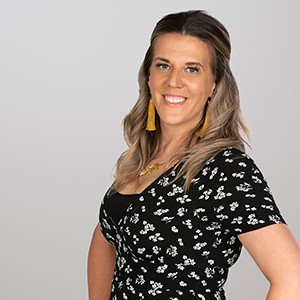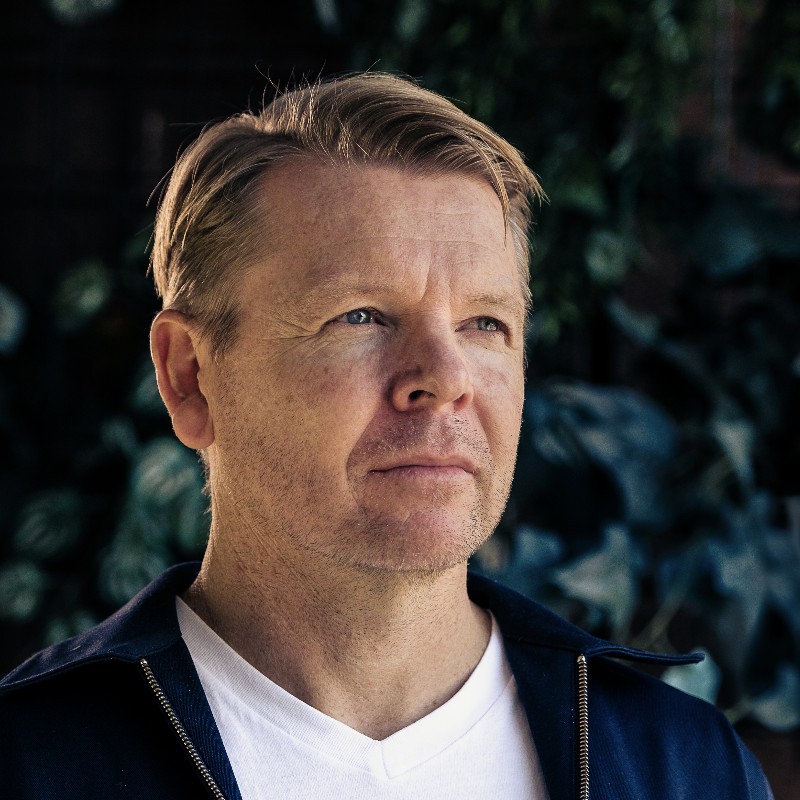A degree, software proficiency, and a strong portfolio of technical skills are often the focus for hiring managers in creative teams. While essential, these technical skills aren’t enough on their own. They must be complemented by crucial non-technical skills (often called “soft skills”) to ensure a well-rounded and productive team member.
Here are seven essential non-technical soft skills to look for in creative candidates:
Soft Skill #1: Communication
It’s a cliché, but good communication skills are paramount for any role. Poor communication leads to misunderstandings, wasted time, and frustration.
Conversely, excellent communication fosters better ideas, more efficient approaches, and effective time management. Since a creative’s job is to communicate ideas through various mediums, strong interpersonal communication skills are essential.
Soft Skill #2: Time Management
Deadlines are inevitable in the creative industry. Consistently meeting them demonstrates reliability and client commitment.
Solid time management skills are crucial for individual contributors and the team as a whole. Hiring candidates who have a proven track record of meeting deadlines is essential.
Soft Skill #3: Cooperation
Whether working in-office or remotely, effective teamwork is vital. Candidates should be able to collaborate, compromise, and provide and receive feedback respectfully.
Strong cooperation skills are essential for building positive team dynamics and successful client relationships.
Soft Skill #4: Adaptability
While creativity involves unique ideas, adaptability is equally important. Candidates should be able to adjust to different visions and work styles.
Flexibility and a positive attitude are key to thriving in a dynamic creative environment.
Soft Skill #5: Problem-Solving
Problem-solving is a fundamental skill for any role. Hiring employees who can identify and resolve issues independently can significantly benefit your team's productivity and innovation.
Look for candidates who can turn challenges into opportunities.
Soft Skill #6: Organisation
While a certain level of creative chaos is acceptable, organisation is essential for efficient workflows and project management.
Hiring candidates who can balance creativity with structure will help maintain a productive and efficient team.
By considering these non-technical skills alongside technical abilities, you can identify the most well-rounded and successful candidates for your creative team.
Soft Skill #7: Storytelling
Whether it’s gaining internal approval, securing new clients, or presenting innovative solutions, top creative talent possesses the art of storytelling.
For digital projects involving design, content, UX, and development, storytelling is paramount to creating compelling work that resonates with users. From crafting customer journeys to developing user flows, storytelling is embedded in every creative role. To assess a candidate’s storytelling ability, listen closely to their work presentations and inquire about their approach to user stories.
While technical skills are essential for handling specific tasks and delivering final products, they are not sufficient for ensuring smooth, efficient, and harmonious project execution.
Before hiring a new team member, prioritise soft skills that complement technical abilities.
Soft Skills: A Summary
When recruiting, non-technical skills (or soft skills) should be weighed equally with technical skills. While technical skills can often be acquired through training, interpersonal skills, networking abilities, and decision-making techniques are more challenging to develop.
During interviews, focus on uncovering a candidate’s soft skills to ensure a perfect fit for your team.
Latest.

Hiring in Australia: 5 trends redefining our job market
Hiring Insights, Industry Trends, Ask Aquent, Leadership

How to avoid creative burnout and refill your creative tank (before you really need to)
Thought Leadership

AI adoption failing isn’t the tech, it’s the people. How smart businesses overcome this.
Technology, Thought Leadership, Industry Trends






